Anyone who tries to make a distinction between education and entertainment doesn't know the first thing about either
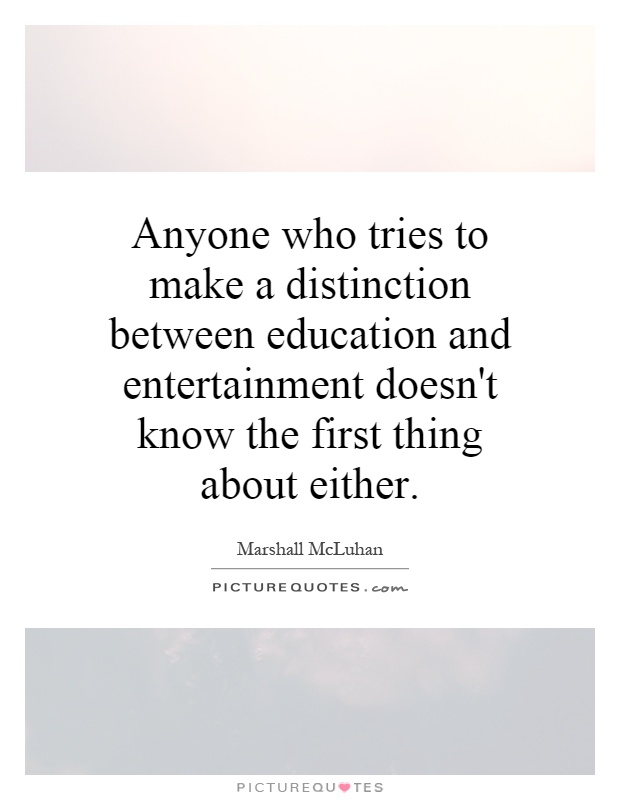
Anyone who tries to make a distinction between education and entertainment doesn't know the first thing about either
Marshall McLuhan, a renowned media theorist and philosopher, once famously said, “Anyone who tries to make a distinction between education and entertainment doesn't know the first thing about either.” This statement encapsulates McLuhan's belief that the boundaries between education and entertainment are not as clear-cut as many people believe them to be. In fact, McLuhan argued that the two are closely intertwined and that the best forms of education are often entertaining, while the most effective entertainment can be educational.McLuhan's perspective on education and entertainment can be seen through the lens of his broader theories on media and communication. He believed that the medium through which information is transmitted has a profound impact on how that information is received and understood. In the modern age of mass media, McLuhan argued that television, radio, and other forms of electronic communication were shaping the way people think and learn. In this context, McLuhan saw education and entertainment as two sides of the same coin, both influenced by the media through which they are delivered.
One of McLuhan's most famous concepts is the idea of the “global village,” in which electronic media has connected people around the world in ways that were previously unimaginable. In this interconnected world, McLuhan believed that education and entertainment were becoming increasingly intertwined. For example, he argued that television programs and movies could be powerful educational tools, conveying complex ideas and information in a way that is engaging and accessible to a wide audience.
At the same time, McLuhan believed that entertainment could also be a form of education. He saw popular culture, including music, movies, and television shows, as reflecting and shaping the values and beliefs of society. By engaging with popular culture, people could learn about different perspectives and ways of thinking, expanding their understanding of the world around them.
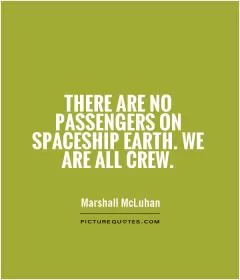
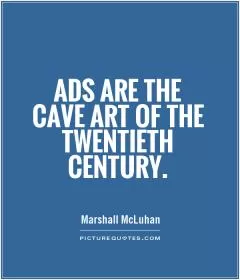
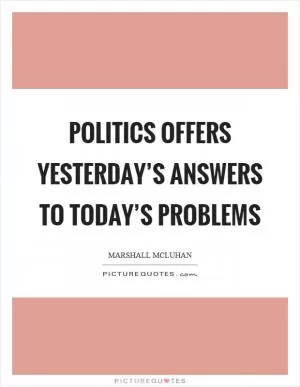
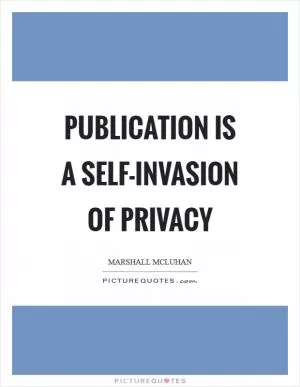
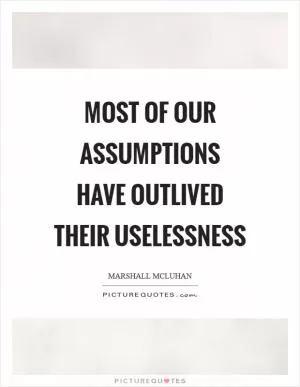
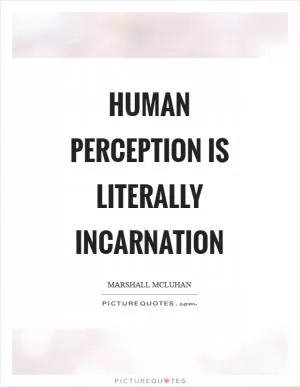
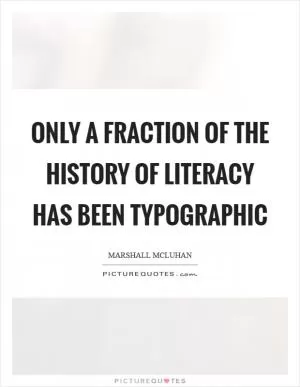
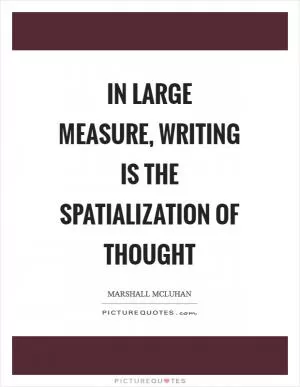
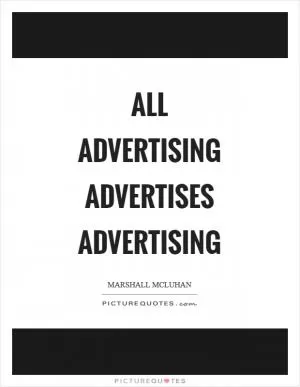
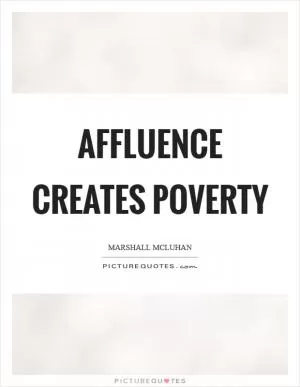

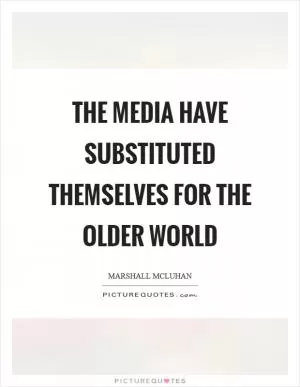
 Friendship Quotes
Friendship Quotes Love Quotes
Love Quotes Life Quotes
Life Quotes Funny Quotes
Funny Quotes Motivational Quotes
Motivational Quotes Inspirational Quotes
Inspirational Quotes